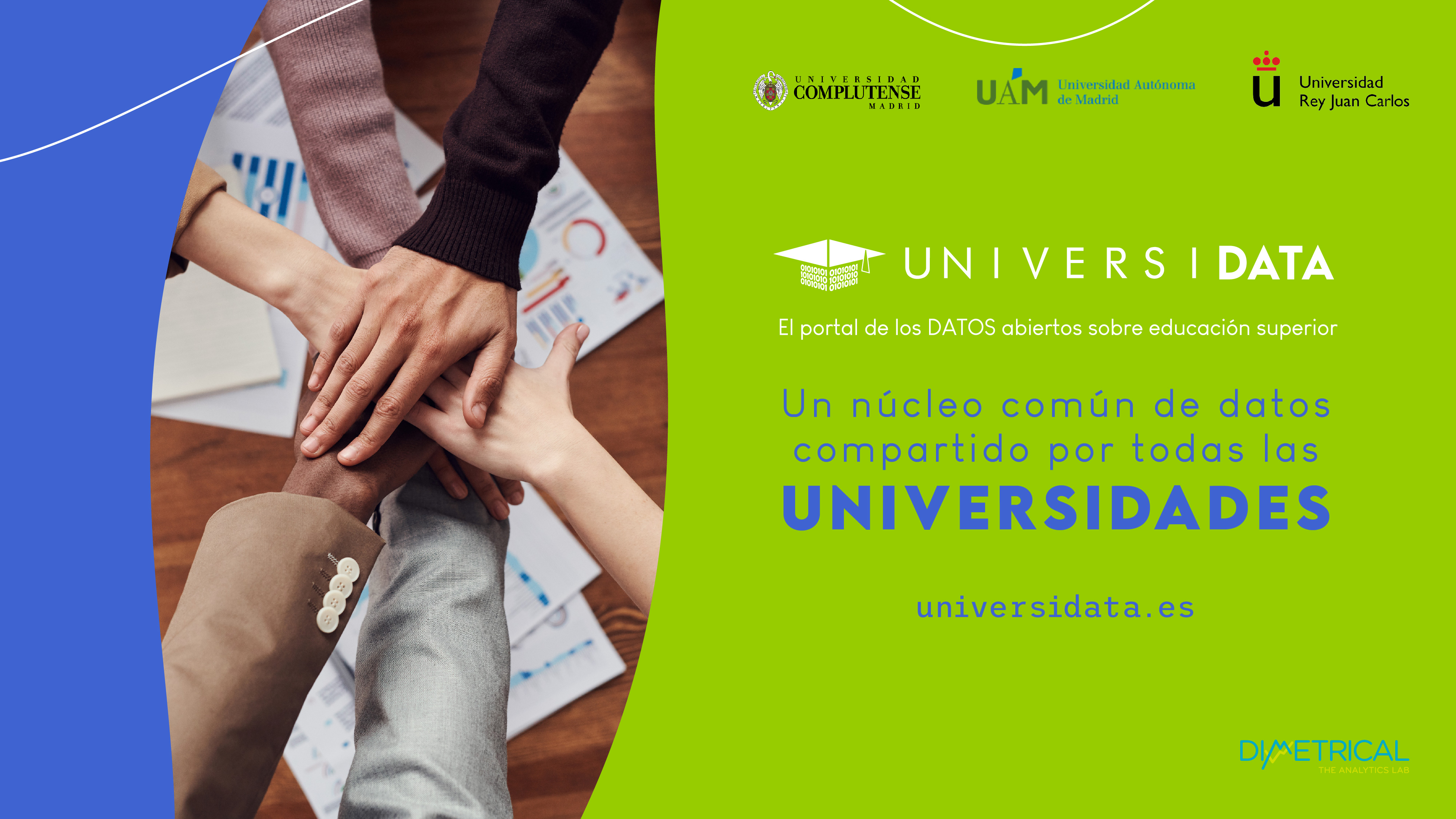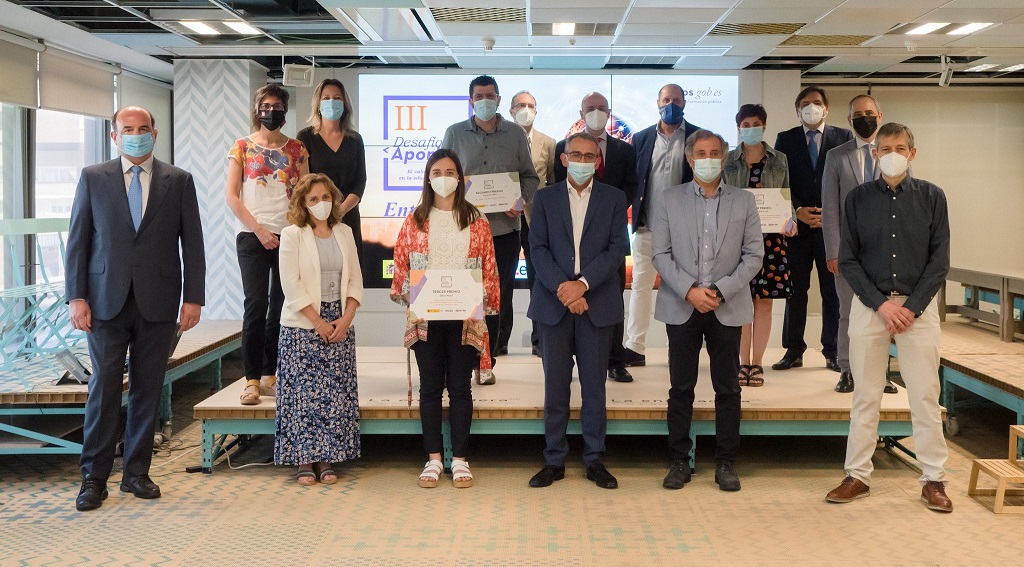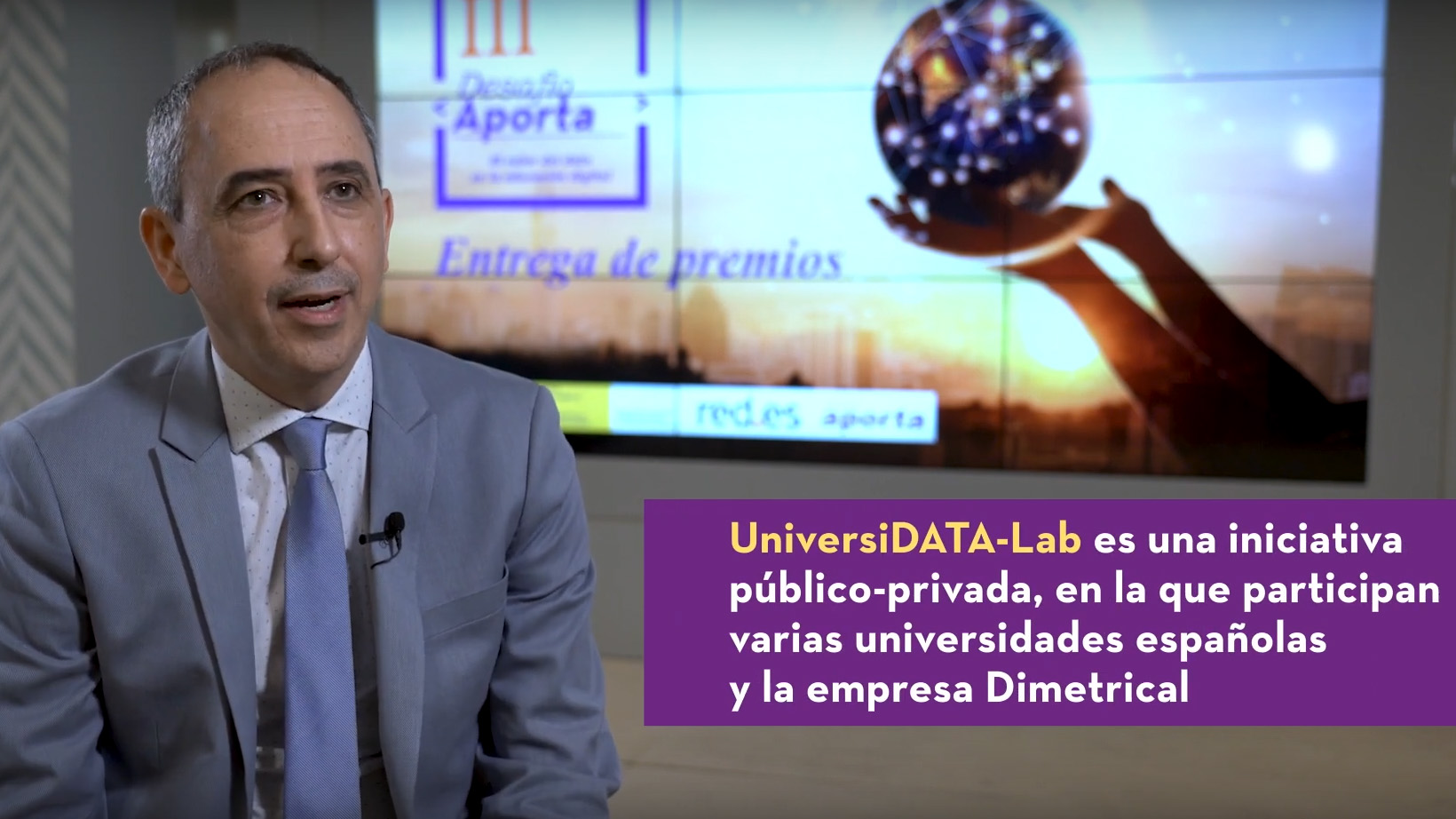
EXTENDED: You can submit your project until September 20th!
The deadline to participate in the II edition of the Datathon UniversiData is now open. This competition recognises the value of projects that reuse open university data published on the portal UniversiDATA,a public-private initiative that was born at the end of 2020. Its aim was, and is, to promote open data in the Spanish higher education sector in a harmonised way.
UniversiDATA is currently made up of the Universidad Rey Juan Carlos, the Universidad Complutense de Madrid, the Universidad Autónoma de Madrid, the Universidad Carlos III de Madrid, the Universidad de Valladolid and the Universidad de Huelva, in collaboration with the company DIMETRICAL, The Analytics Lab, S.L.
What is the UniversiDATA Datathon about?
As previously indicated, participants must submit an open data processing project using one or more of the datasets published in UniversiDATA. These data may be combined with other data sources, but always bearing in mind that their use should not be secondary or ancillary.
There are no limitations on the nature of the project, the technologies involved or the formats of presentatiing the results. You can compete with a mobile app, a web application, a data analysis in Jupyter or R-Markdown, etc. Works already submitted to other competitions, as well as internships, master's or bachelor's degree theses or research articles are also valid .
For inspiration, you can visit the "UniversiDATA-Lab" where examples of applications and data analysis are shown. You can also check out the winning projects of the first edition.
How does the competition unfold?
The competition is divided into two phases:
- Knockout stage
Those interested in participating can submit their candidature from 6 March until September 20, using this form. In addition to the personal data, the following information must be provided in the application:
- Members of the project
- Project title
- Problem to be solved
- Proposed solution
- Identification of addressees
- Usefulness of the project
- Data sets to be used
All the projects submitted will be evaluated by a jury. The jury will select 10 finalists, who will go on to the final phase. The list of selected projects will be made public on September 27, 2024.
- Final Phase
Once selected, the finalists will start preparing their projects for the presentation to the jury, which will take place during an online event on December 16. The projects will be presented by videoconference.
The winners will be announced on December 23.
Who can participate?
The competition is open to any natural person with tax residence in the European Union, whether they are students, working professionals or amateurs.
You can participate as a group or as an individual.
what are the prizes?
This year, the financial endowment has been increased to a total of €9,000, divided as follows:
- First prize: € 4,000
- Second prize: € 3,000
- Third prize: € 1,500
In addition to these general prizes, the aim is also to recognise the best university student project that has been a finalist but has not won a prize. A special prize of €500 has been created for this purpose.
In case of group participation, the prize will be divided among all members of the group.
Do you have any queries?
Before participating, it is necessary to download and read the specific rules of the competition. If you have any questions, you can contact the organisers through this form. You will also be informed of any new developments on the the UniversiDATA Twitter profile.
In addition, throughout the competition, a direct communication channel will be established with the participants for any questions that may arise, including those concerning the datasets to be used.
The II Datathon UniversiDATA arises as a result of the success achieved in its first edition. it is a very positive experience that offers participants, once again this year, the opportunity not only to win financial recognition, but also to gain visibility by showing their talent when it comes to processing data that can provide answers to various questions of social and economic interest.


